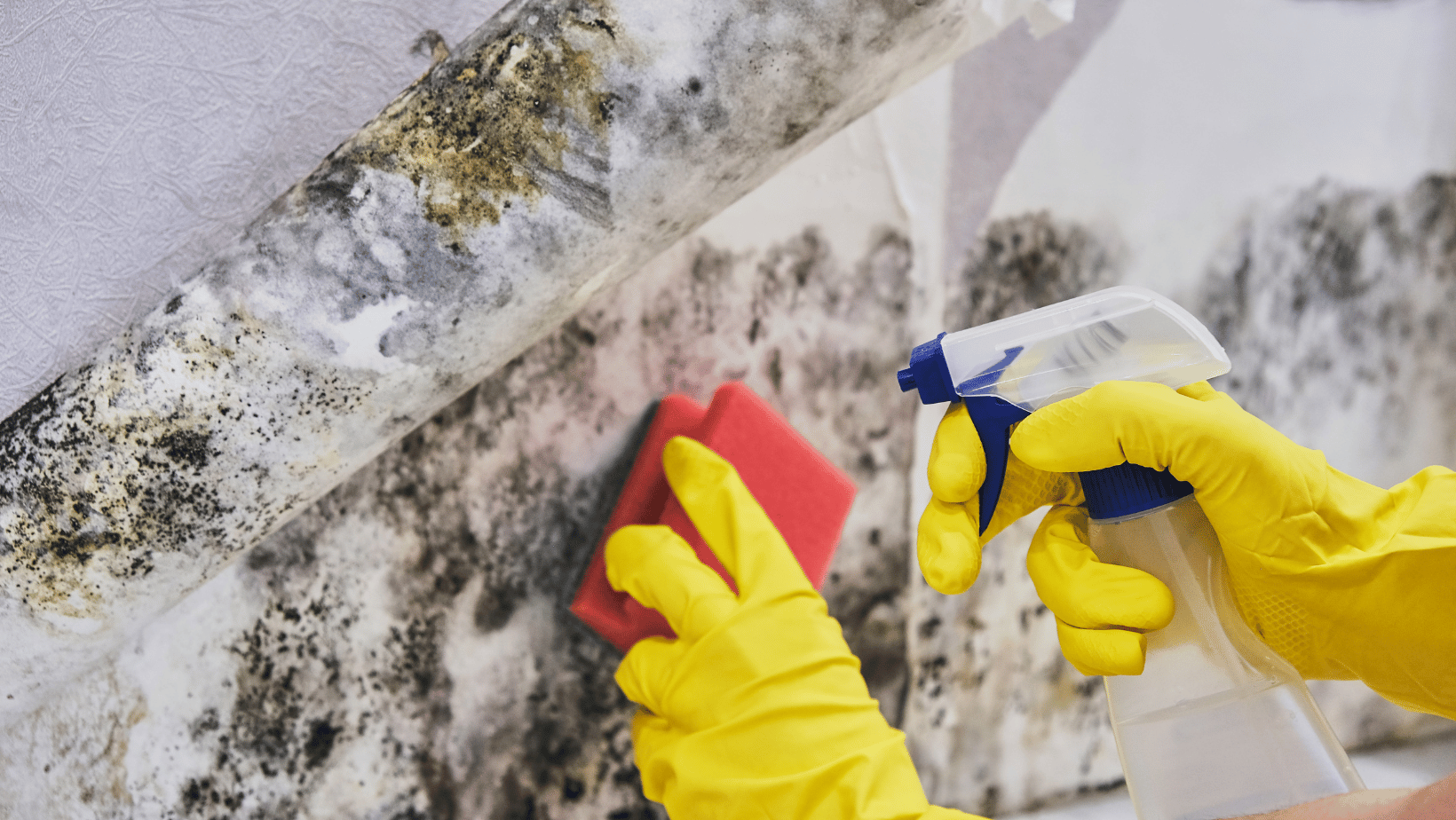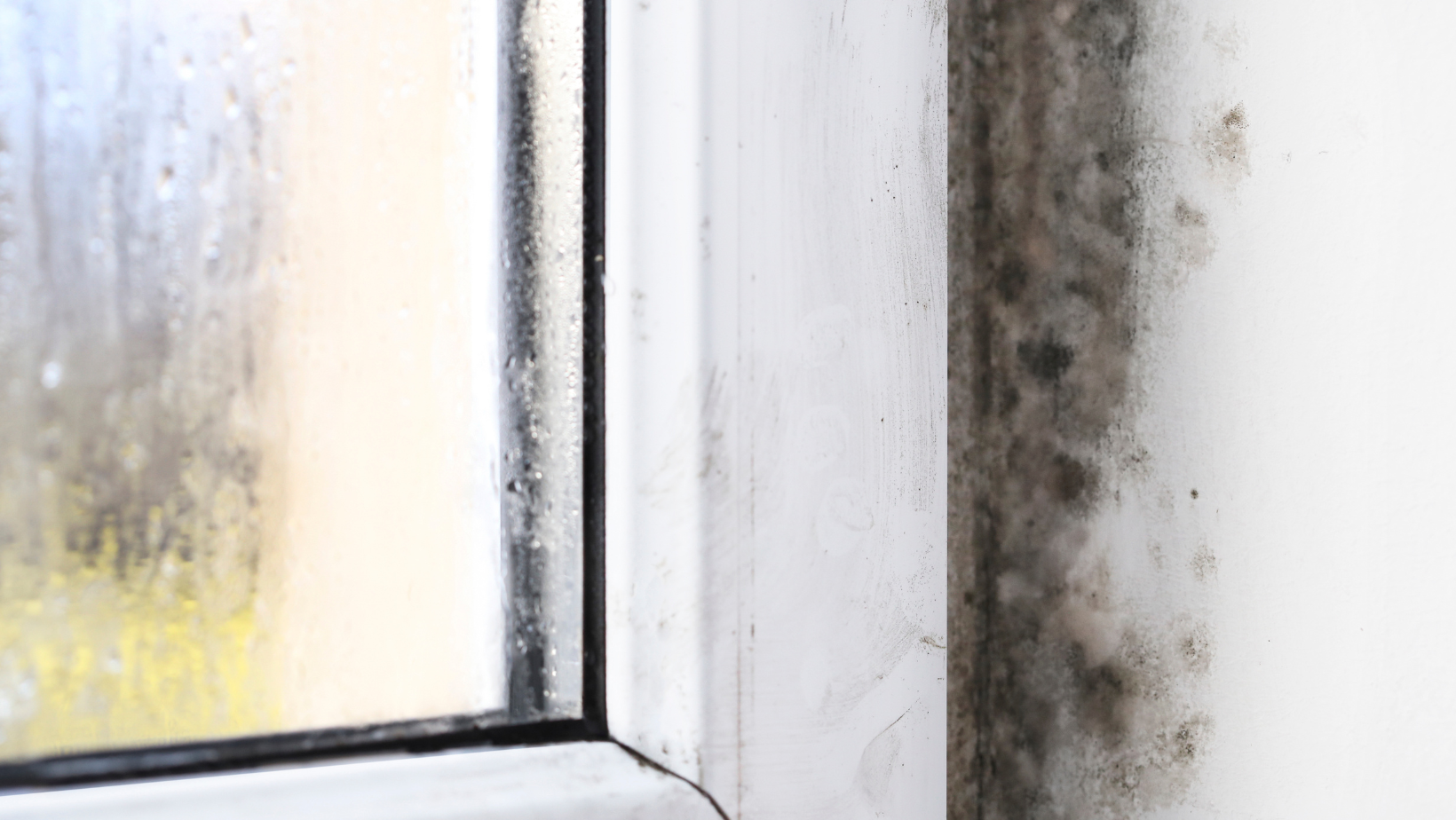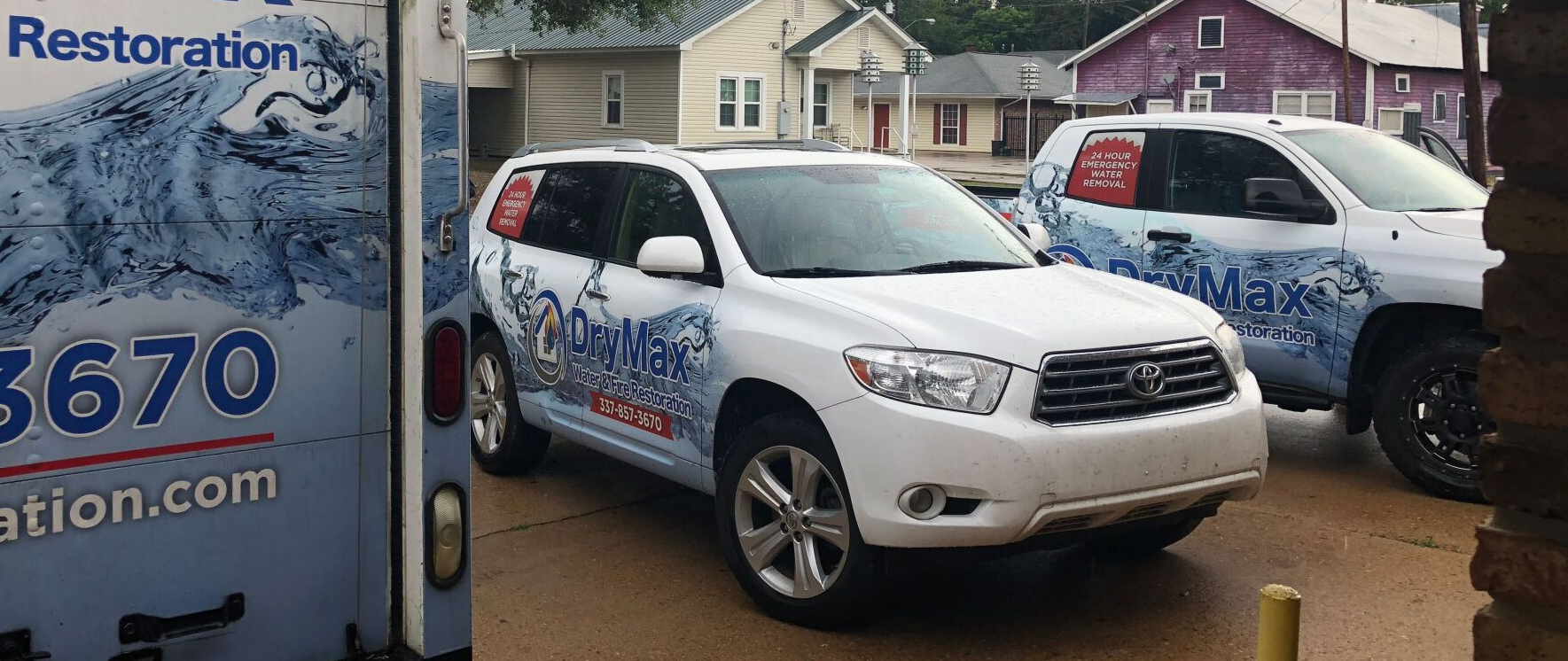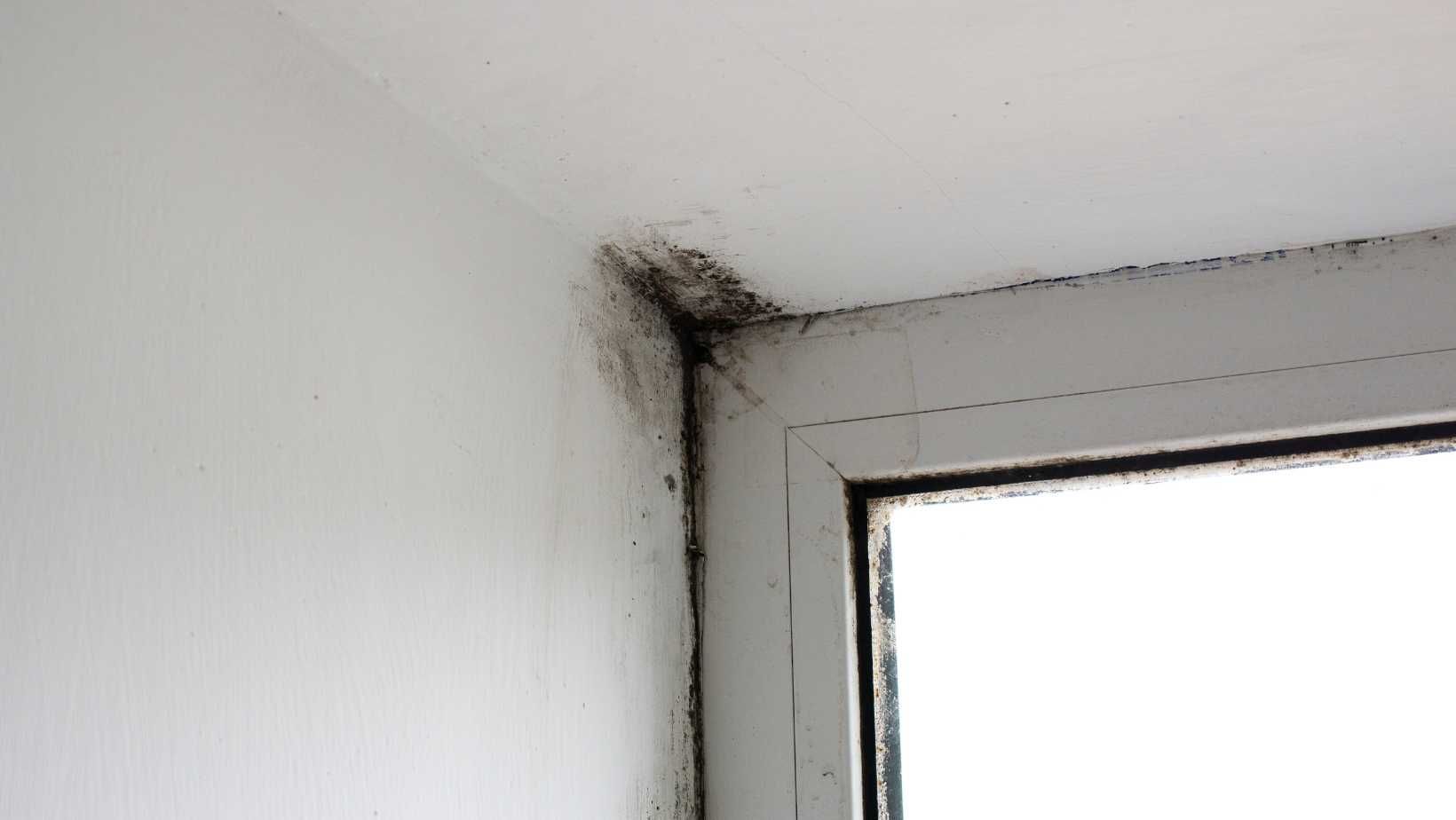Mold Inspections: What To Expect
Does Your Home Need A Mold Inspection?
Suspecting mold growth within your home can be a cause for multiple concerns. Mold can be damaging for not only the integrity of the home, but it may potentially cause health implications for you or your family. If you suspect that an area of your home is experiencing mold or excessive moisture that may lead to mold, it is imperative that you promptly schedule a mold inspection.
You may not always be sure whether or not there is anything to be worried about regarding mold within your home. Indicators of mold include (but are not limited to) excessive moisture or humidity in the home, discoloration or staining on walls and ceilings, and musty odors. Other times you can just flat out see that there is mold that needs to be taken care of. It is important that you act relatively quickly, as mold can develop in a mere 24-48 hour time window, and continue to spread from there on out. The sooner you address the issue, it will not only save you from an even more costly mold remediation, it will also ensure that your family is not exposed to mold particles for an extended period of time.
During your mold inspection, the certified mold inspector will do the following:
- Determine whether or not mold is present
- Assess the severity of the mold issue
- Pinpoint the source of what is causing the mold
If it is determined that there is in fact mold within the structure, the inspector should construct a scope of work detailing a safe and effective mold remediation strategy. Even if the inspection reveals that there is no current mold issue, it can detect areas of the home that may be susceptible to potential mold development and moisture issues in the future.
Breaking Down The Mold Inspection Process
You may be unfamiliar with the process of a mold inspection if this is the first time you have needed one. Before contacting a professional mold remediation company, you should take the time to do some research and educate yourself on some standard mold inspection procedures. This way, you will know what to expect, and ensure that you are contacting a reputable company. A mold inspection from a reliable mold remediation company should include:
Visual Assessment: Your mold inspector will be looking for visual signs of mold, as well as conditions that could be conducive to mold growth. A comprehensive visual walkthrough of the space is the foundation of every professional mold assessment.
Moisture Mapping: There is always an underlying moisture source that is causing any mold issue. Your inspector’s main objective during the inspection is to not only determine whether there is mold development, but also to identify the moisture source that is causing the mold. The term moisture mapping refers to the tools used to isolate areas of your home’s structure that are holding enough moisture to sustain mold growth. Determining where the moisture starts and stops, as well as determining if there are any leaks within the home are imperative to understanding the development of mold within the structure. Employing the use of thermal imaging cameras (AKA infrared cameras) allows inspectors to reveal temperature differences within, and sometimes beneath, the building materials that make up your home. Once the areas that exhibit lower temperatures are determined, moisture meters are also used to measure the moisture content of those specific areas.
Testing: Following the visual assessment and moisture mapping processes, your mold inspector will determine whether or not mold testing is necessary. A combination of air sampling and surface sampling is employed to determine not only the mold levels present, but also the species of mold present. Following the inspection, these samples are sent off to a certified lab to be analyzed. You can expect to receive a full lab report within 2 to 5 business days, depending on the individual lab’s procedures. Once you receive the lab report, your mold inspector should go over it with you to ensure that you understand the findings.
Inspection Report and Scope of Work: Every mold inspection can be expected to include a detailed inspection report outlining the procedures that took place on-site during the inspection. If it is determined that a professional mold remediation is recommended, your inspector will also provide a thorough scope of work explaining the necessary remediation process. This scope of work should also include preventative measures that you can take following your remediation in order to keep mold from returning.
As previously mentioned, it is important to set expectations for your mold inspection after doing your research. These expectations will help you to ensure that the mold remediation company you choose is going to meet your home’s specific needs in the most thorough, professional way possible.
Call 337-446-2042 for more info about mold inspections and testing in your Louisiana area!
You might also like
DryMax Mold Blogs





